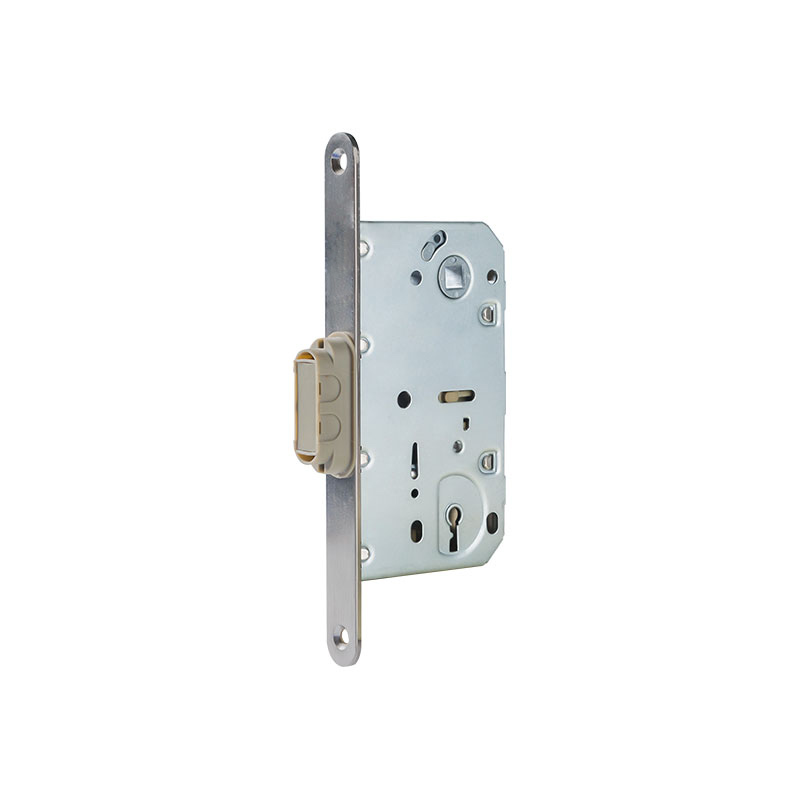Electronic locks can be suitable for a wide range of door types, but their suitability depends on various factors such as the specific type of electronic lock, the door's material and design, the intended use of the door, and the security requirements. Here are some considerations to keep in mind:
Door Material and Design: Electronic locks can be used with various door materials, including wood, metal, glass, and composite materials. However, some electronic locks might require specific door preparations or modifications to be installed properly. For example, some electronic locks are designed for standard cylindrical door boreholes, while others may require different preparations.
Door Type: Electronic locks are suitable for a variety of door types, including exterior doors, interior doors, residential doors, commercial doors, and more. The specific type of electronic lock you choose should align with the door's purpose and location. For instance, a high-security electronic lock might be more appropriate for an exterior entrance door than an interior closet door.
Security Requirements: security needed will influence the choice of electronic lock. Some electronic locks offer advanced security features such as biometric authentication (fingerprint, retina scan), multi-factor authentication (PIN + card), and encryption. High-security applications might require electronic locks with robust encryption and tamper-resistant features.
Power Source: Electronic locks require a power source, which can be batteries, hardwired electricity, or a combination of both. Consider the availability of power sources near the door. Battery-powered locks are more flexible in terms of installation but require regular battery replacement.
Weather Resistance: If the door is exposed to outdoor elements, such as rain and extreme temperatures, make sure the electronic lock is designed to withstand such conditions. Some electronic locks are rated for outdoor use, while others are better suited for indoor applications.
Integration and Compatibility: Depending on your needs, you might want an electronic lock that can be integrated into a larger security or home automation system. Compatibility with existing systems and technologies should be considered.
Ease of Use: Ensure that the electronic lock's user interface is user-friendly and can be easily operated by individuals who will be using the door regularly.
Maintenance and Support: Like any technology, electronic locks might require maintenance, software updates, and occasional troubleshooting. Check for manufacturer support and warranty options.
Budget: Electronic locks come in a wide range of prices, from basic models to high-end, feature-rich options. Determine your budget and select an electronic lock that meets your requirements within that budget.
Electronic locks can be suitable for many types of doors, but it's crucial to carefully assess the specific characteristics of your doors, the desired security, and the features you need. Consult with security professionals or locksmiths for advice tailored to your situation before making a decision.











